Buy-now-pay-later services have exploded to 91.5 million users in the United States, according to the financial services firm Empower, with 25% of users employing the services to finance their groceries as of earlier this year, according to survey data released in late October by lending marketplace Lending Tree. These services were initially marketed for discretionary purchases such as designer bags and the latest Apple headphones, but borrowers are now using them to cover basic necessities.
Industry observers are expressing concern over the rapid expansion of buy-now-pay-later services, citing the alarming trend of people using them to finance groceries and other essential items. Nigel Morris, co-founder of Capital One and early investor in Klarna and other buy-now-pay-later companies, expressed his unease during a recent interview at Web Summit in Lisbon. "To see that people are using BNPL services to buy something as basic and fundamental as groceries, I think is a pretty clear indication that a lot of people are struggling," Morris stated.
The statistics support Morris' concerns. According to Lending Tree, default rates on buy-now-pay-later services are rising, with borrowers failing to pay back their loans. This trend is particularly concerning given the fact that these services were initially marketed as a way for consumers to finance discretionary purchases, not essential items like groceries. The widespread adoption of buy-now-pay-later services for basic necessities suggests that many Americans are struggling to make ends meet.
Buy-now-pay-later services have become increasingly popular in recent years, with companies like Klarna and Affirm offering consumers the option to finance purchases online and in-store. These services typically allow consumers to split the cost of a purchase into smaller, interest-free payments over time. However, critics argue that these services can be a form of debt trap, as consumers may struggle to pay back their loans and end up accumulating interest charges.
The rapid expansion of buy-now-pay-later services has significant implications for the financial industry and the broader economy. As more consumers turn to these services to finance their purchases, lenders may be exposed to increased risk of default. This could have a ripple effect throughout the economy, potentially leading to a credit crisis.
Industry experts are calling for greater regulation of buy-now-pay-later services, citing concerns over consumer protection and the potential for these services to exacerbate financial stress. "We need to be careful about how we regulate these services, to ensure that they are not being used as a way to trap consumers in debt," said a spokesperson for the Consumer Financial Protection Bureau.
As the buy-now-pay-later industry continues to grow, regulators and industry experts will be closely watching the trend to see whether it continues to expand into new areas, such as essential items like groceries. With default rates on the rise and consumers increasingly relying on these services to finance their purchases, it remains to be seen whether the buy-now-pay-later industry can adapt to changing consumer needs without exacerbating financial stress.
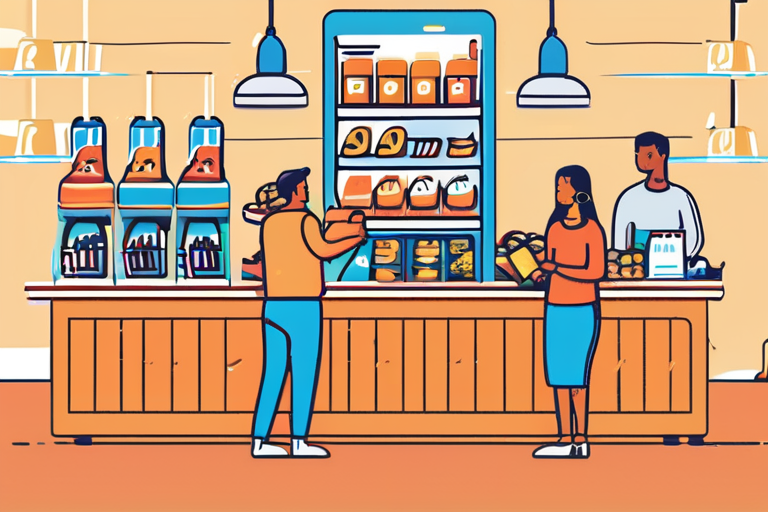


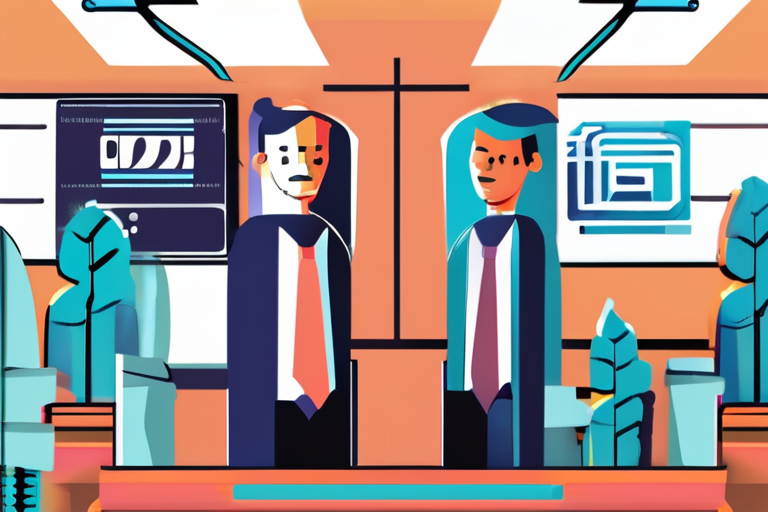
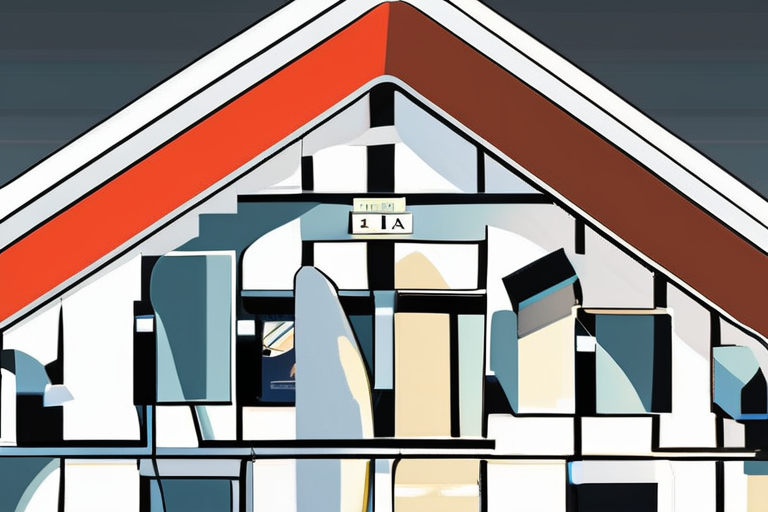
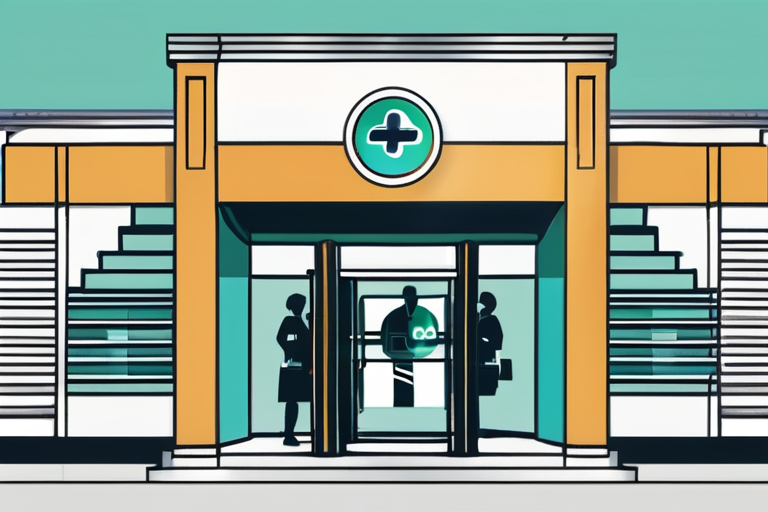
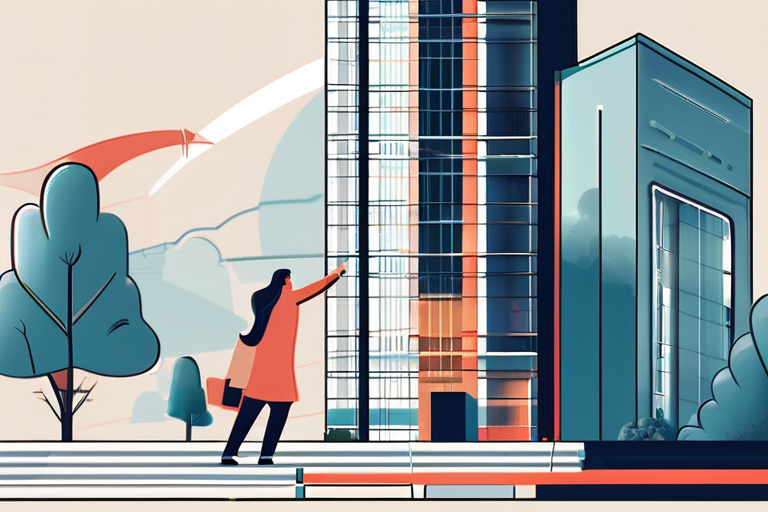
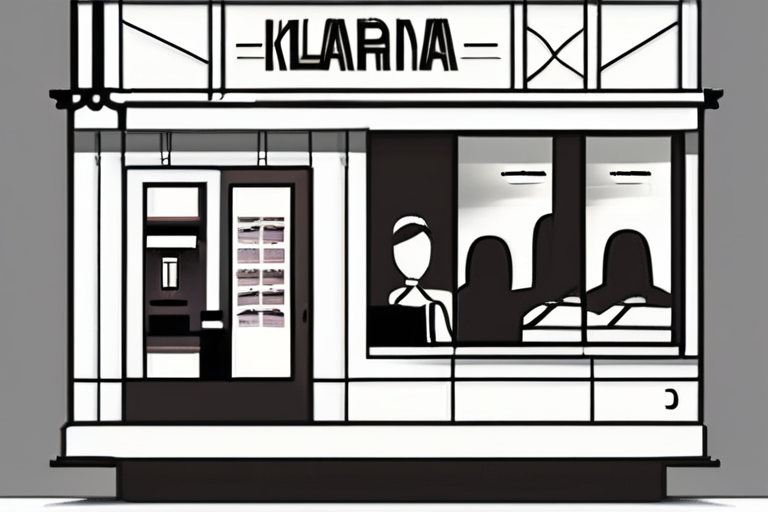
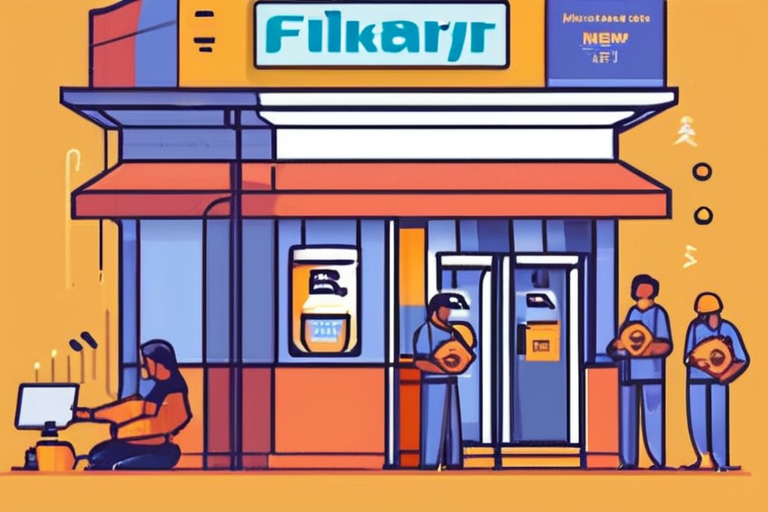
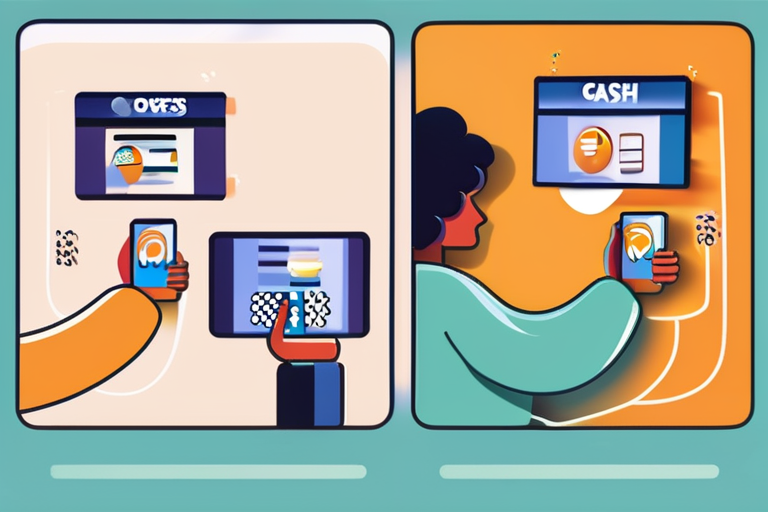
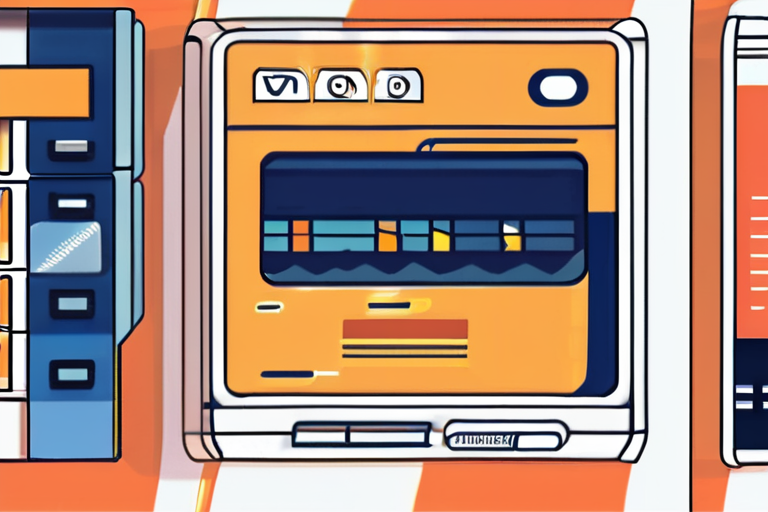
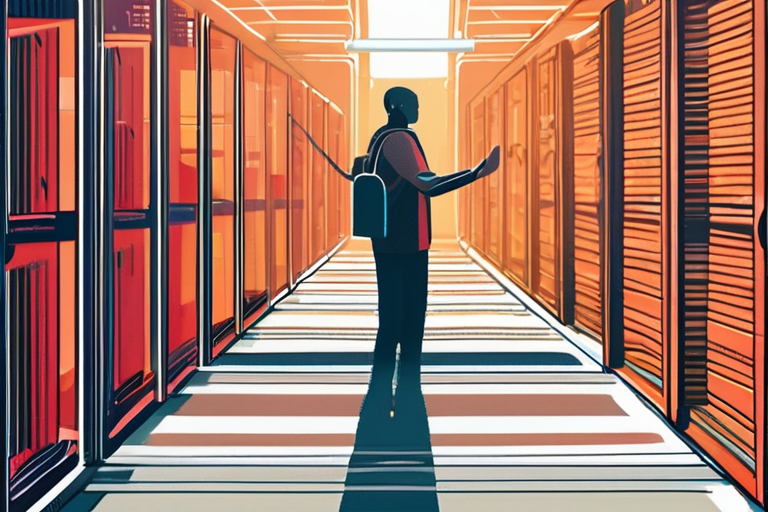
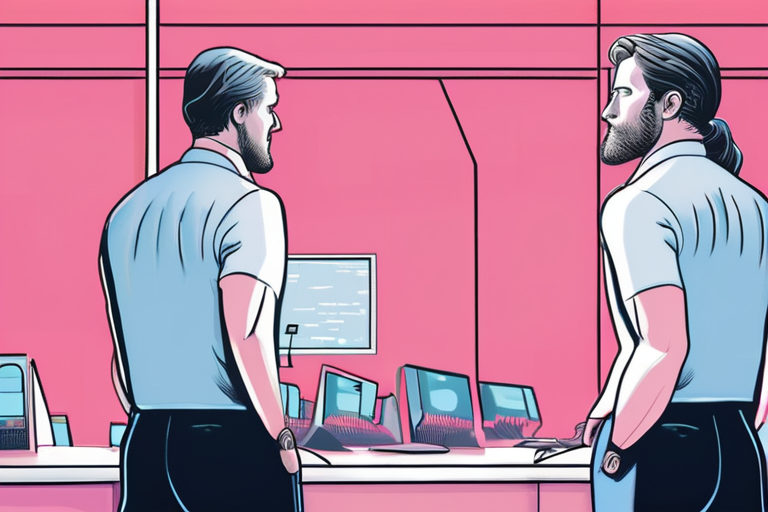
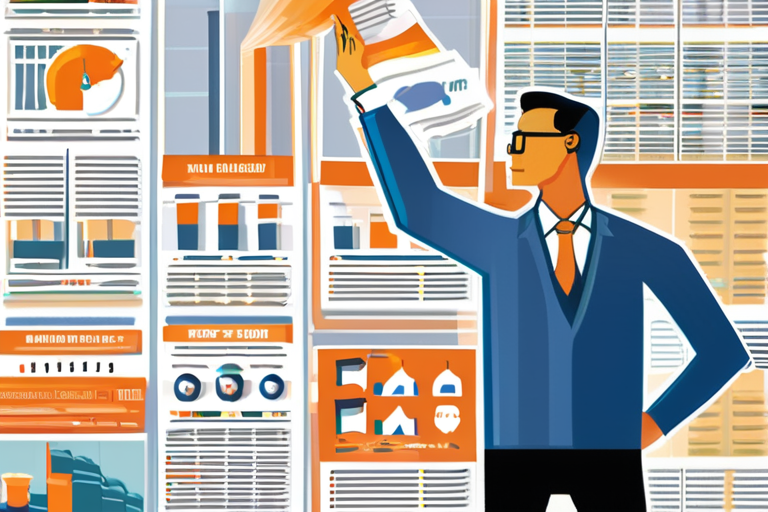
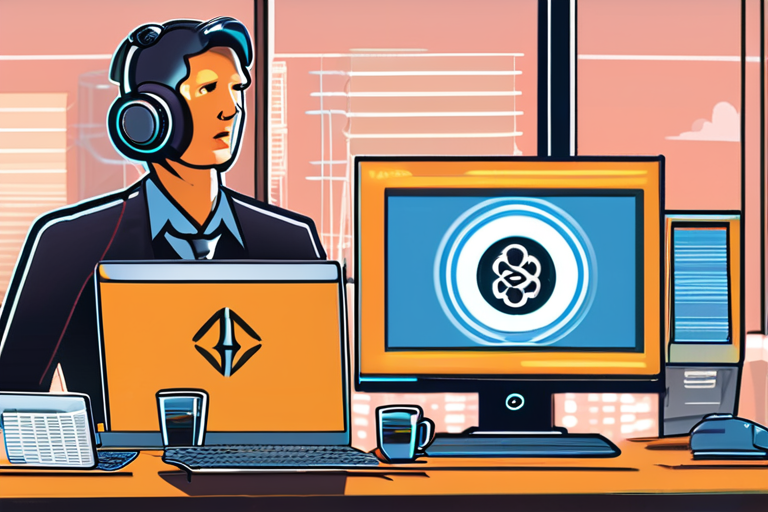
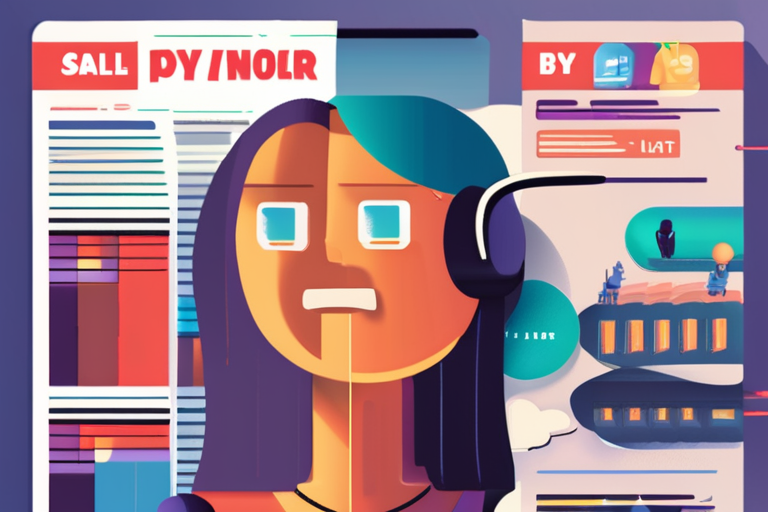
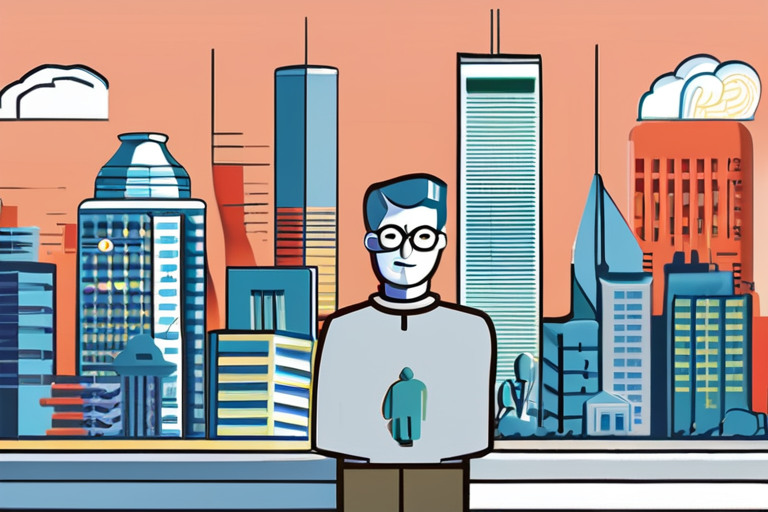
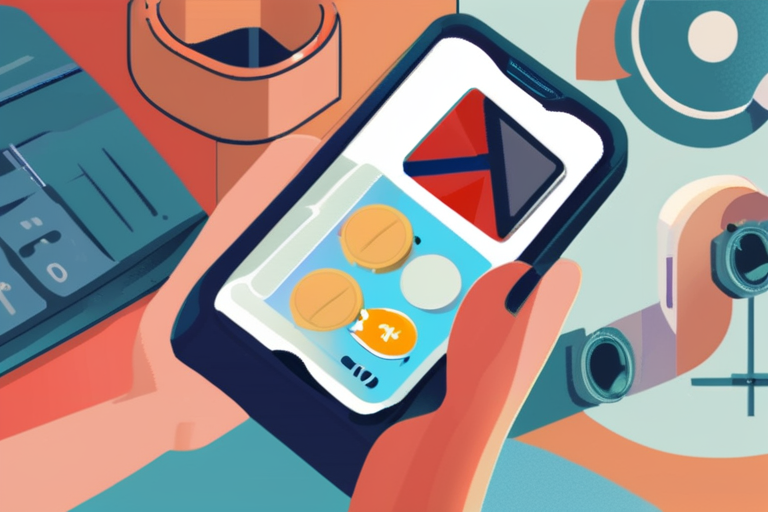
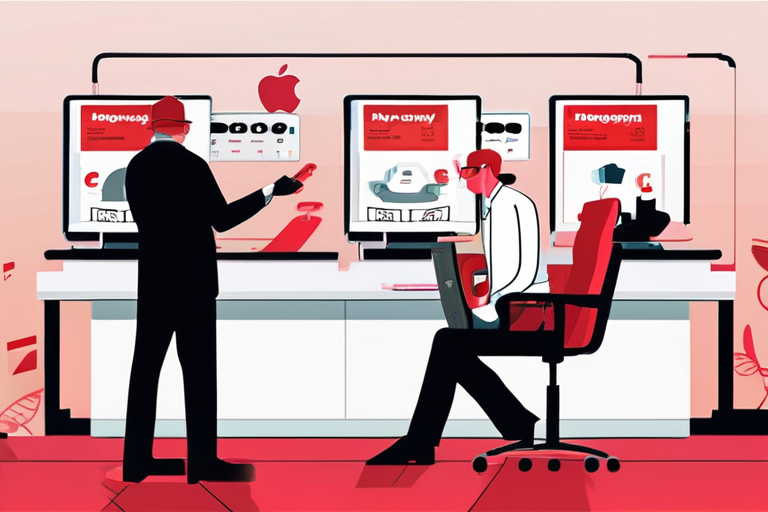
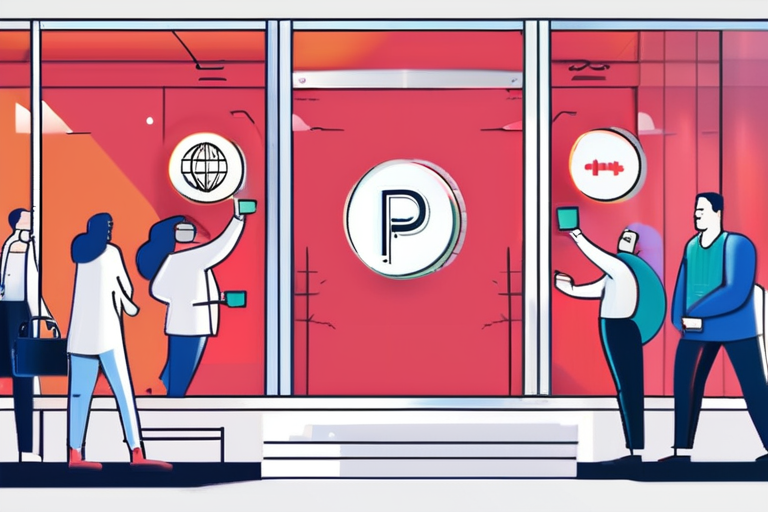
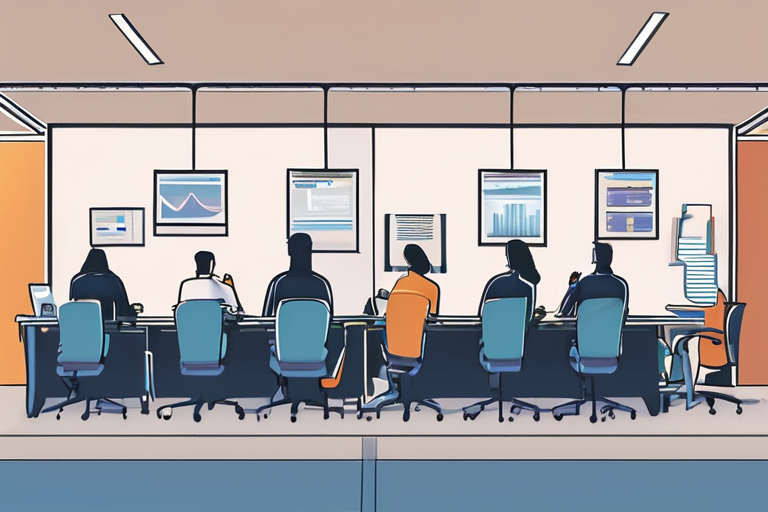
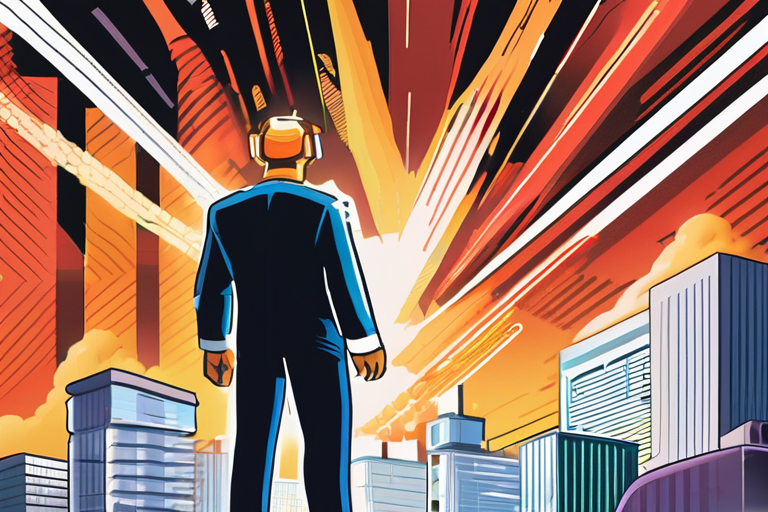

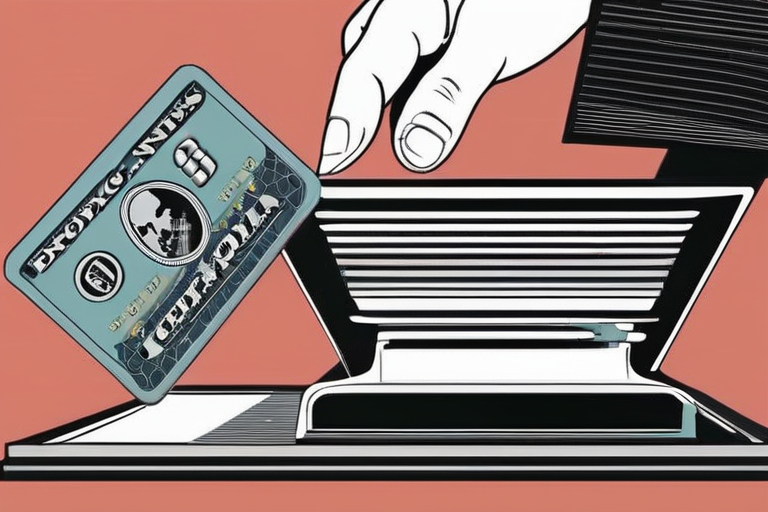
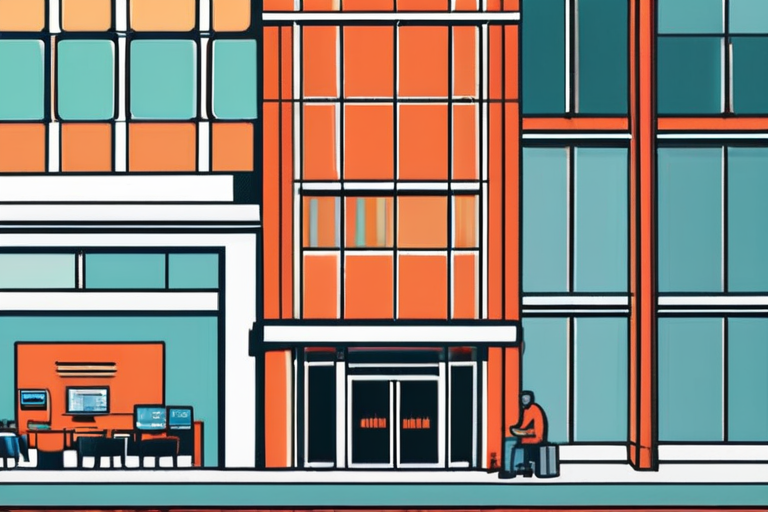

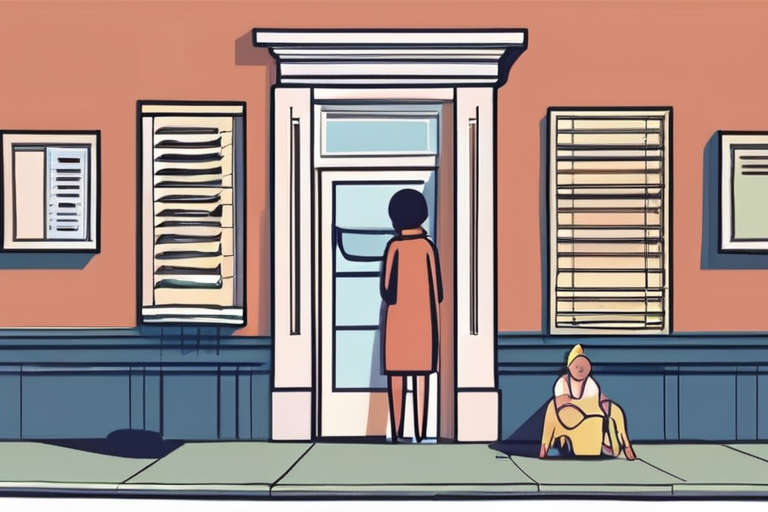
Share & Engage Share
Share this article